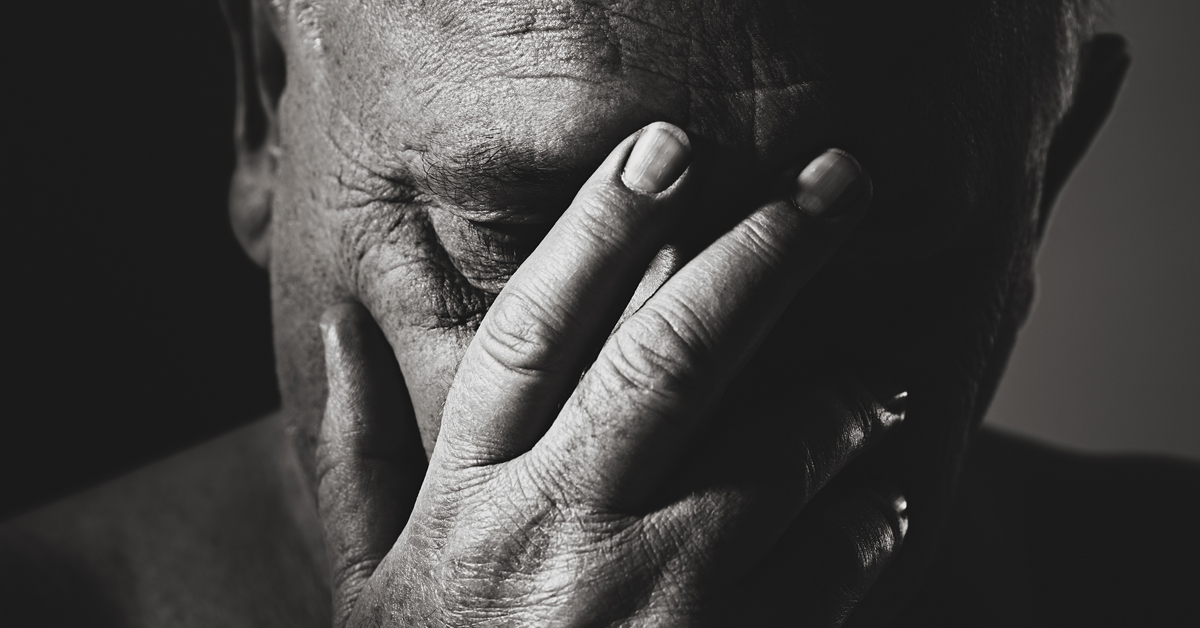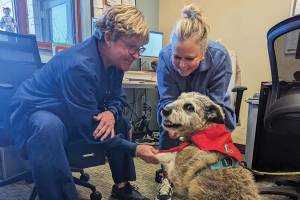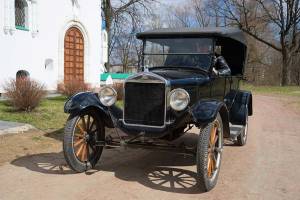by MAUREEN A. McINNIS MS, LCPC; GREG TILTON, M.Ed., LCPC; Cascade County Mental Health Local Advisory Council.
If we called senior suicide self-homicide, would you be more interested in the subject of suicide prevention?
The elderly population makes up 12 percent of the overall population of the U.S. and 18 percent of all suicide deaths.
With the baby boomer generation aging well into the 50-plus age range, we are looking at a major public health issue.
According to the Montana Department of Health and Human Services, the highest rate of suicide occurs among middle-aged adults. Suicide with firearms is significantly higher in Montana than in anywhere else in the U.S.
Nearly three-quarters of Montanans who have committed suicide gave warning signs.
Sadly, these figures were the reported or known suicides. The silent suicides were under-reported at the rate of 40 percent or more.
Deaths from starvation, dehydration, overdoses, or even accidents may have been suicides without the benefit of a preventative intervention.
White males who were divorced had an increased risk of committing suicide. Statistically, in 70 percent of elderly suicide deaths, the individual saw a medical doctor within a month of taking their own life. Most came away with no diagnosis and therefore did not seek follow up mental health services.
Unfortunately, if you have ever been diagnosed with depression, you would have likely heard that depression was a part of the aging process and not a mental health concern.
Often elderly suicide victims had regular contact with family and friends. They even lived with family members leaving the belief that neither depression nor isolation was a factor.
Other factors that may have contributed to depression could have been medical illness, financial trouble, family discord, physical ailments, or pain-related issues along with unresolved grief and loss issues.
The stigma of a mental health diagnosis keeps the elderly population from seeking mental health services. Stigma is born from fear and lack of knowledge. We can change this with education.
Recall lobotomies like those featured in One Flew Over the Cuckoo’s Nest, featuring sedating medication and dehumanized treatment. That was Hollywood’s representation of mental health services in the 60’s and 70’s. Today’s mental health services and medication are more effective and successful.
The aging population is prone to feel judged by their family and community for seeking out mental health assistance. They even self-stigmatize, which is a product of depression. They become fearful and less inclined to seek out mental health services for fear of judgment.
Although 18 to 25 percent of seniors needed some form of mental health intervention, only 3 percent of Medicare reimbursement spent was on psychiatric treatment. Six percent of community mental health services involved older clientele, even though they represented 15 percent of the total population.
Depression is a well-known contributor to suicide. Approximately 90 percent of individuals who completed suicide suffered from major depression. The second most frequent diagnosis was Alcoholism.
Depression is highly treatable. The combination of Cognitive Behavioral Therapy (CBT) with an anti-depressant medication has a history of being successful.
Senior suicide a major public health issue
A growing movement across Montana is reaching seniors, to demystify suicide and promote suicide prevention through screenings, assessments, and early interventions. Prevention means early intervention.
We invite you to join the battle against senior suicide, helping to de-stigmatize mental health problems and bringing educational resources and information to
Montana seniors.
We encourage you to help organize your community in the effort of suicide prevention and intervention.
You are invited to attend the 2018 Montana Conference on Suicide Prevention, Friday, July 20, 2018 from 9:00 AM to 4:00 PM, at the Hilton Garden Inn, 3720 North Reserve Street, Missoula, MT 59808. The conference is free and open to the public, but registration is required. You can contact them at their website, montanaCOSP.org MSN
If you or someone you know is struggling with depression and is in need of help, contact or share the Montana Suicide Prevention Lifeline 800-273-TALK (8255).










